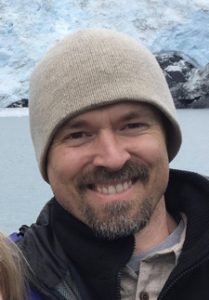With Dr. Ehrland Truitt, DOM
March 19 & 20, 2022
Sante Fe, NM
The Santa Fe Women’s Club
15 NCCAOM, CA, and TX continuing education credits

Hari is a ki-based form of Traditional Japanese Meridian Therapy (keiraku-chiryo). Hari uses subtle diagnostic and needling techniques to balance ki flow in the body leading to subtle, yet powerful, changes in the patient’s system by bringing the primary channels into balance.
This seminar focuses on the fundamentals of pulse diagnosis and the special needle techniques used in Hari. By the end of the seminar students should feel comfortable determining primary diagnostic pattern (sho), developing a root treatment protocol, and applying brach treatments to address local problems.
All too often pulse diagnosis can become an “adjective” problem; what words should we use to describe the feeling under our fingers? In this class we will practice truly feeling the pulse, rather than just describing the qualities. What is a positive pulse change from treatment? What kind of pulse quality are we looking for at the end of treatment as the patient returns to the world? The pulse is an amazing diagnostic tool that can become overly complex. In this seminar we will try to simplify the process so anyone can learn how to use the pulse to enhance their treatment results, regardless of treatment style.
Dr. Ehrland Truitt, DOM has been a Hari practitioner for over 20 years and is the Executive Director of the High Desert Hari Society. He has studied with T. Koei Kuwahara Sensei since 2001 and has been an assistant teacher for the Hari seminar series since 2002. Ehrland is a former clinical supervisor and assistant professor at the International Institute of Chinese Medicine and Southwest Acupuncture College. He has traveled to Japan, Peru, Ecuador, and Nepal to study acupuncture, moxibustion, and traditional herbal medicine. Ehrland is a founding member of the High Desert Hari Society and currently maintains a private practice in Santa Fe, NM.
Schedule:
Saturday, March 19: “Six comparative” pulse diagnosis to identify diagnosis pattern, six basic pulse qualities, the Kozato method of pulse feedback and using the pulse for treatment confirmation.
Sunday, March 20: Hari-style treatment plans, review of tonification and dispersion techniques, explanation and practice of Waho and Yusha techniques, brach treatments and their applications, matching treatment to patient constitution, and full treatment practicum.
Times:
Saturday and Sunday, 03/19/2022-03/20/2022 – 9:00 am – 5:30 pm with a one-hour lunch
